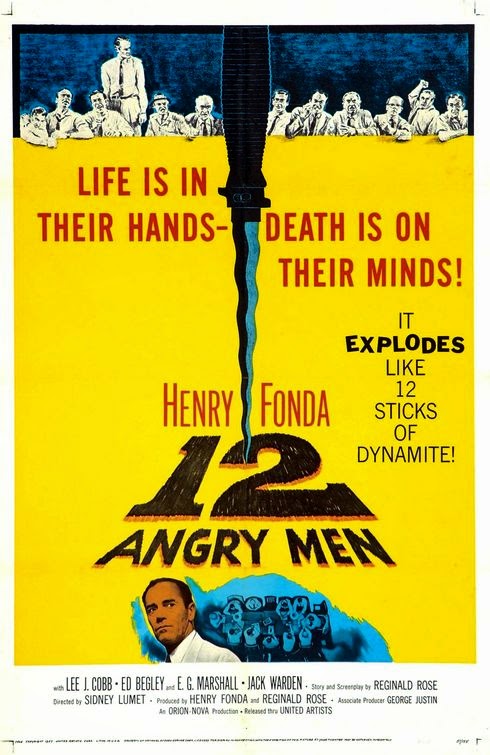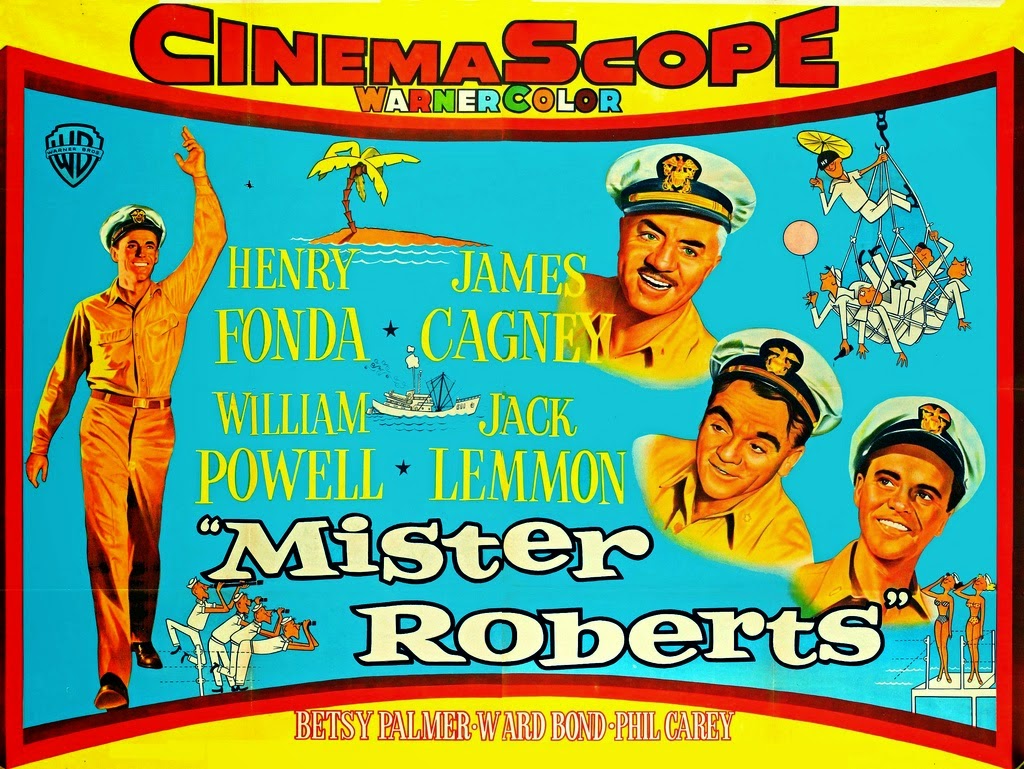IMDB Link
IMDB Rating: 7,3
Director: Robert Stevenson
Main Cast: Dorothy McGuire, Fess Parker, Tommy Kirk, Beverly Washburn
"Old Yeller is one of the best-loved live-action features ever made by the Walt Disney Company. Unabashedly weepy, the film is genuine enough to have become a family classic. Director Robert Stevenson coaxes some fine performances from his cast and does an admirable job recreating farm life in the mid-1800s. The film inspired a number of copycats, and its influence can still be felt in almost any movie that prominently features an animal. Disney began to move away from animation after the success of 1950's Treasure Island; Yeller was one of many live-action hits directed by Stevenson, including Kidnapped, The Absent-Minded Professor, and, most notably, Mary Poppins. Yeller spawned an inferior sequel, Savage Sam, featuring much of the same cast but a different director." - www.allmovie.com

























